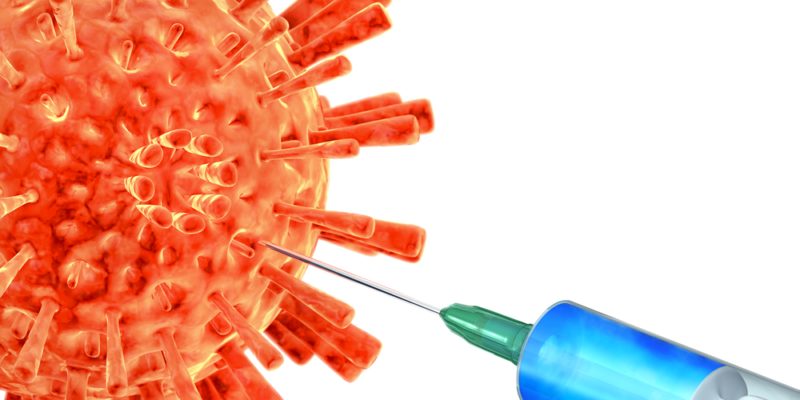
There’s a reason why diseases such as smallpox, polio, and measles sound like archaic ailments that are no longer relevant. Thanks to the development of vaccines, smallpox has been eradicated, and polio and measles infections have become a rarity.
Sometimes, after contracting certain viruses (such as chickenpox), our bodies can develop immunity thanks to the body’s immune system. However, not all viruses work the same way. Take the flu, for example, there are many different strains of the virus, so even if you were to develop an immunity to this year’s flu, you might still get a new, unfamiliar strain of the virus in the future. This is why we have annual flu vaccines and work to develop vaccines for any new diseases that occur (such as COVID-19).
Vaccinations consist of small or weakened “samples” of the germ causing the disease in question, stimulating the immune system to respond as if it were the real infection. If the germ enters the body after vaccination, the immune system will recognize it and fight it off. This way, our bodies can develop immunity without having to get the disease first. Immunity caused by some vaccines can last a lifetime, while vaccines for other diseases may need to be more frequent.
There are four main types of vaccines:
Scientists decide which vaccine to use based on a variety of factors, including how the immune system responds to the germ, who needs to be vaccinated, the best approach to creating the vaccine.
To ensure that a vaccine is both safe and effective, it goes through an extensive testing process. Even after the vaccine’s licensure, scientists closely monitor it on a routine basis and investigate safety concerns.
The development of a new vaccine is a complex process that can take between 10-15 years, with stages including the exploratory and pre-clinical stages, clinical development, regulatory review and approval, manufacturing, and quality control. However, given the prominence of the COVID-19 pandemic, we simply cannot afford to wait that long for a life-saving vaccine.
There are many pharmaceutical and biotech companies, large and small, working to develop and safe and effective vaccines to COVID-19. One such company, Pfizer, is working diligently to expedite the process of developing a safe, responsible vaccine to prevent further spread of COVID-19. They are working closely with global regulatory and health authorities, and have announced the potential to supply the vaccine to millions by the end of 2020.
Consider participating in a clinical trial if you would like to be part of the solution to the global pandemic. Centers for Disease Control and Prevention (CDC) and the World Health Organization (WHO) also provide plenty of information about COVID-19 clinical trials (as well as information about the disease, including prevention tactics, and frequently asked questions).
